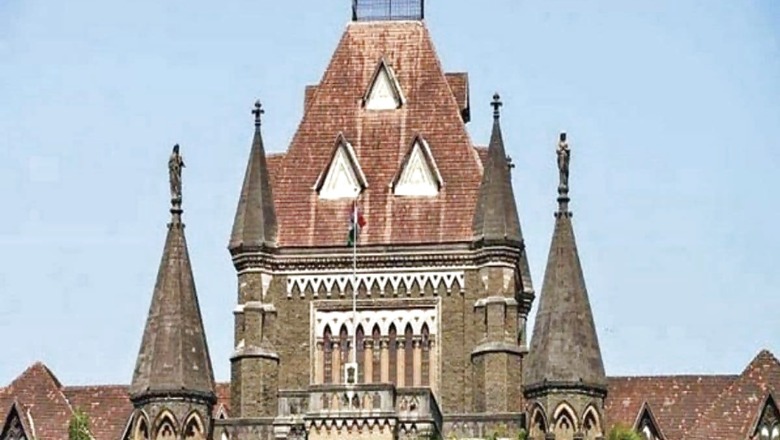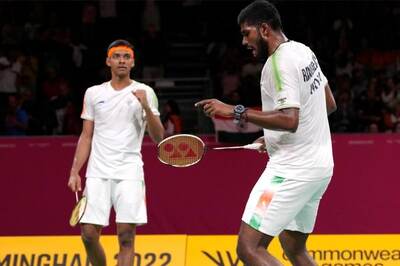
views
In a democracy, the judiciary remains open to criticism, and contempt of court must remain the "last resort or weapon", said the Bombay High Court on Tuesday while hearing final arguments on a plea filed by a woman booked for her tweets against Chief Minister Uddhav Thackeray and his son and minister Aaditya Thackeray. Mumbai police had registered an FIR against Sunaina Holey, who moved court to get it quashed.
"In a democratic setup, we know there will be criticism. Even in the judiciary, we are open to it. Contempt is the last resort or weapon. That is my personal opinion," said a bench of Justices SS Shinde and MS Karnik. Holey's counsel, Abhinav Chandrachud, told HC the FIR did not reveal any offence and argued that she had used an abusive epithet but "just using a word did not mean something objectionable, it could mean a foolish emotion too".
Chandrachud said, in such cases, often the people against whom action is taken end up getting more attention than they would have otherwise received. "Recently, action was initiated against a comedian.
Nobody would have noticed it otherwise," he said. The bench, however, remarked the case of the comedian was subjudice before the Supreme court.
"We anyway do not read all that. We do not even get time for that," the bench said referring to the case in SC. The Maharashtra government's counsel, senior advocate Manoj Mohite, however, argued that in cases of offensive comments, tweets, etc, the intention of the person making the comment should be looked into.
The HC bench said while a citizen of India enjoys his or her fundamental right to freedom of speech, they must exercise the right without infringing upon the rights of others. It went on to say that politicians, judiciary, media and others in public life were responsible for upholding fundamental rights in democracy.
It said many in India, including those living in remote or tribal areas, might not be aware of their fundamental rights and it was a difficult exercise for the authorities to promote awareness among them. "In our country, we need to look at our society, the population and the social fabric. At the end of the day, 130 crore people are living in this country. We have been taught tolerance since childhood," the bench said.
"Also, foreigners who visit, get surprised about harmony in our country. If you compare it to other countries regarding tolerance, we have 130 crore people living together. It is not a joke, it is not easy. The tolerance is creditable," it said.
The HC will continue to hear the arguments in the case on Thursday.
Read all the Latest News, Breaking News and Coronavirus News here



















Comments
0 comment